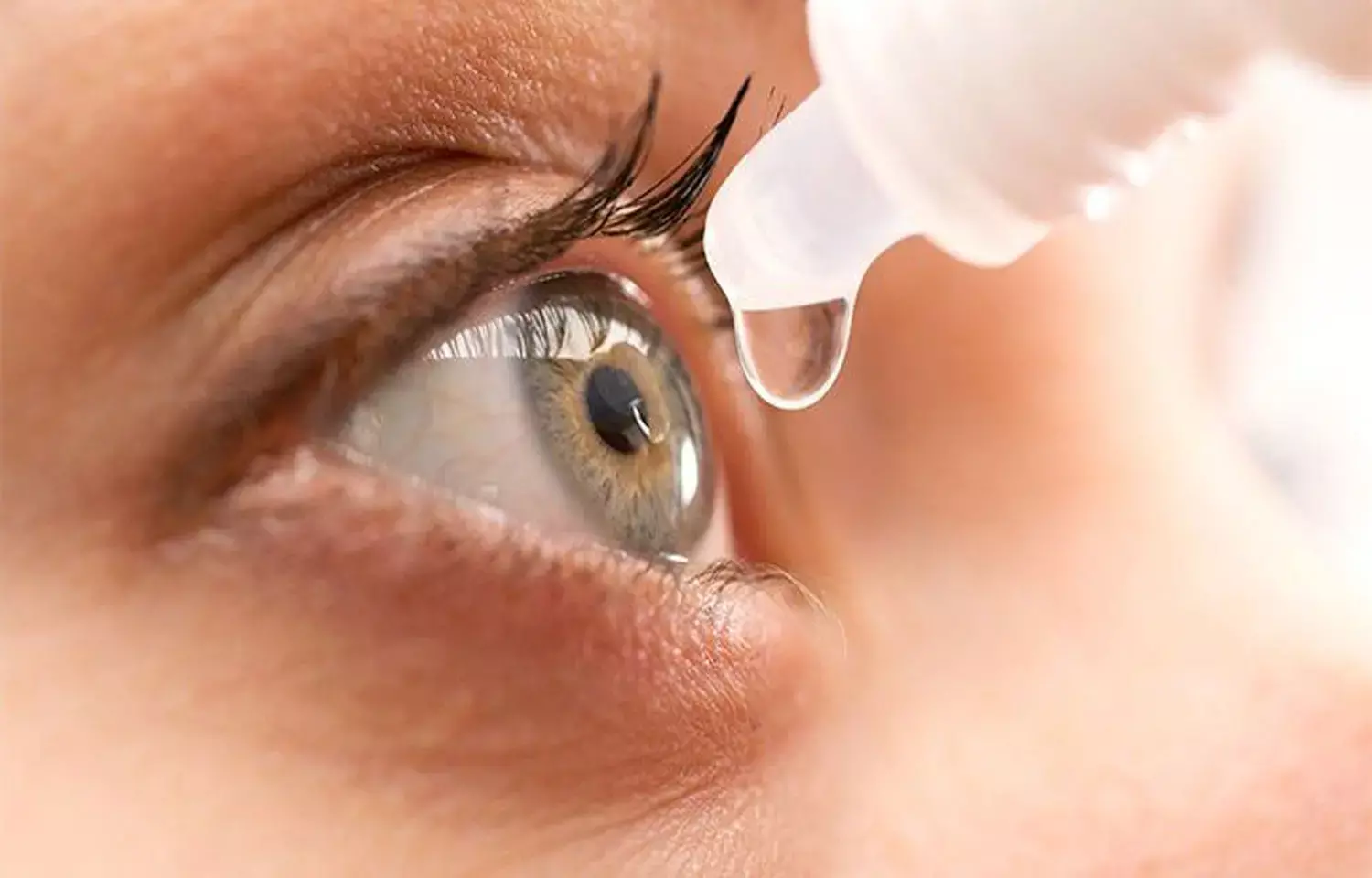- Home
- Medical news & Guidelines
- Anesthesiology
- Cardiology and CTVS
- Critical Care
- Dentistry
- Dermatology
- Diabetes and Endocrinology
- ENT
- Gastroenterology
- Medicine
- Nephrology
- Neurology
- Obstretics-Gynaecology
- Oncology
- Ophthalmology
- Orthopaedics
- Pediatrics-Neonatology
- Psychiatry
- Pulmonology
- Radiology
- Surgery
- Urology
- Laboratory Medicine
- Diet
- Nursing
- Paramedical
- Physiotherapy
- Health news
- Fact Check
- Bone Health Fact Check
- Brain Health Fact Check
- Cancer Related Fact Check
- Child Care Fact Check
- Dental and oral health fact check
- Diabetes and metabolic health fact check
- Diet and Nutrition Fact Check
- Eye and ENT Care Fact Check
- Fitness fact check
- Gut health fact check
- Heart health fact check
- Kidney health fact check
- Medical education fact check
- Men's health fact check
- Respiratory fact check
- Skin and hair care fact check
- Vaccine and Immunization fact check
- Women's health fact check
- AYUSH
- State News
- Andaman and Nicobar Islands
- Andhra Pradesh
- Arunachal Pradesh
- Assam
- Bihar
- Chandigarh
- Chattisgarh
- Dadra and Nagar Haveli
- Daman and Diu
- Delhi
- Goa
- Gujarat
- Haryana
- Himachal Pradesh
- Jammu & Kashmir
- Jharkhand
- Karnataka
- Kerala
- Ladakh
- Lakshadweep
- Madhya Pradesh
- Maharashtra
- Manipur
- Meghalaya
- Mizoram
- Nagaland
- Odisha
- Puducherry
- Punjab
- Rajasthan
- Sikkim
- Tamil Nadu
- Telangana
- Tripura
- Uttar Pradesh
- Uttrakhand
- West Bengal
- Medical Education
- Industry
Novel latanoprost nanoemulsion, an alternative to traditional drops containing benzalkonium chloride: Study

Argentina: A new ophthalmic latanoprost nanoemulsion is significantly less cytotoxic on human conjunctival cells than ophthalmic latanoprost solution containing Benzalkonium chloride, states a recent study published in Graefe's Archive for Clinical and Experimental Ophthalmology.
Benzalkonium chloride (BAK), the most commonly used preservative in anti-glaucoma eye drops, inflicts damage to the ocular surface on long-term use. It is known to cause eye irritation, and symptoms of dry eyes and may affect the tear film and corneal surface. Thus, a novel anti-glaucoma formulation that avoids the use of BAK was developed to improve patient comfort and tolerability.
Author Julia Tau, Faculty of Medicine, University of Buenos Aires, Argentina, and colleagues conducted research to evaluate the cytotoxicity of this new Latanoprost nanoemulsion (BAK free) and compare it with an ophthalmic solution (containing BAK).
The research team used two different latanoprost eye drops one ophthalmic solution (LSc) containing BAK 0.02% and one ophthalmic nanoemulsion (LNe) with a soft preservative (potassium sorbate 0.18%). Human epithelial conjunctival cells were incubated for 15, 30, and 60 min with either LSc or LNe. The cytotoxicity was determined by an MTT assay. Cell death was measured by flow cytometry using annexin V–FITC and propidium iodide.
The key findings of the study are:
• The cells exposed to LNe maintained the viability of 80% to 90%, which was significantly higher versus the group with LSc (30%), at all time points during the study
• LNe group showed stable proportions of cell viability and apoptosis at all time points, whereas the LSc group had a time-dependent decrease in cell viability and an increase in cell necrosis.
On analyzing the study results, the author and team concluded that the new latanoprost nanoemulsion is significantly gentler on the cornea and conjunctiva than currently available BAK preserved latanoprost solutions, with levels of cytotoxicity equivalent to control. Further studies are warranted to evaluate the comparative efficacy of both.
Tau, J., Passerini, M.S., del Papa, M. et al. A novel ophthalmic latanoprost 0.005% nanoemulsion: a cytotoxicity study. Graefes Arch Clin Exp Ophthalmol Published 11 January 2022 Issue DateJune 2022
BDS
Dr. Hiral patel (BDS) has completed BDS from Gujarat University, Baroda. She has worked in private dental steup for 8years and is currently a consulting general dentist in mumbai. She has recently completed her advanced PG diploma in clinical research and pharmacovigilance. She is passionate about writing and loves to read, analyses and write informative medical content for readers. She can be contacted at editorial@medicaldialogues.in.
Dr Kamal Kant Kohli-MBBS, DTCD- a chest specialist with more than 30 years of practice and a flair for writing clinical articles, Dr Kamal Kant Kohli joined Medical Dialogues as a Chief Editor of Medical News. Besides writing articles, as an editor, he proofreads and verifies all the medical content published on Medical Dialogues including those coming from journals, studies,medical conferences,guidelines etc. Email: drkohli@medicaldialogues.in. Contact no. 011-43720751


